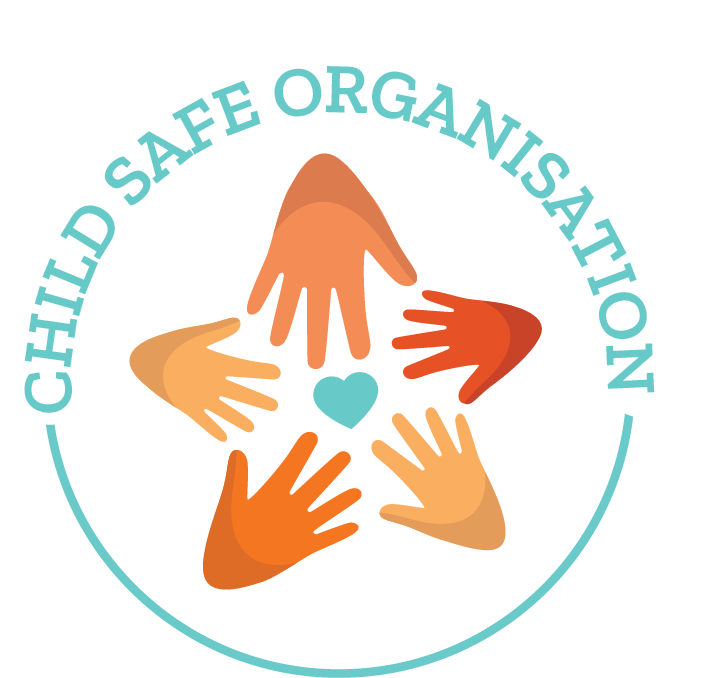At Starfish Early Learning Centre (ELC), we know that a child’s well-being is just as important as their education. When children feel safe, supported, and heard, they are more confident, resilient, and ready to engage with the world around them. That’s why we embrace initiatives like R U OK? Day, which serves as a powerful reminder to check in on one another and create a nurturing environment where emotional well-being is a priority, not just on one day, but all year round.
Why Mental Wellbeing Matters in Early Childhood
Mental well-being is at the heart of a child’s ability to thrive. Emotional regulation, social skills, and a sense of belonging all contribute to a child’s ability to form friendships, explore their environment, and feel secure in their learning journey. At Starfish ELC, we approach mental well-being proactively, creating a space where children feel valued, respected, and supported in every aspect of their growth.
How We Encourage Open Conversations
We encourage children to share their thoughts and emotions in ways that feel natural and comfortable to them. Whether it’s through storytelling, artwork, role-playing, or simply sitting with an educator to talk about their day, we provide children with opportunities to express themselves. Our educators are trained to recognise signs of distress and help children navigate big emotions with care and understanding.
Creating a Supportive and Inclusive Environment
A child’s early experiences shape how they approach relationships and challenges later in life. That’s why we focus on creating an environment that is inclusive, welcoming, and emotionally secure. Every child is unique, and we celebrate their individual personalities while ensuring they feel connected to their peers and educators. By modelling kindness, patience, and respect, we help children understand how to support one another and build strong social connections.
For babies, and children who are non verbal, our educators understand that crying is a normal method of communicating that a child needs support, so use this as a cue to discover what the child needs. Acknowledging, naming and accepting big emotions is how our educators build trust with the children of all ages.
Activities and Initiatives
We incorporate age-appropriate experiences that encourage children to explore emotions, empathy, and the importance of checking in on others. Some of the ways we do this include:
- Storytelling and Books: We read books that focus on feelings, friendships, and kindness to spark meaningful discussions.
- Emotion Recognition Games: Simple experiences that help children identify different emotions and talk about how they feel.
- Creative Expression: Art and play-based experiences allow children to express themselves in ways that feel safe and comfortable.
- Role-Playing Scenarios: Acting out different social situations helps children practise empathy and understand how to support their friends.
These activities help children develop self-awareness and emotional intelligence, equipping them with skills they can use every day.
Empowering Children with Emotional Awareness
Building emotional awareness from a young age gives children a lifelong advantage in how they manage relationships, challenges, and self-confidence. When children can name their emotions, they are better able to regulate them. We guide children in recognising feelings, both their own and others, so they can navigate friendships, solve conflicts, and develop a sense of empathy that strengthens their social skills.
Supporting Families and Educators in Mental Wellbeing
A child’s emotional well-being is a shared responsibility between families and educators. We work closely with parents to provide insights and strategies that support mental well-being at home. If a child is feeling unsettled, we collaborate with families to develop a consistent approach that helps them feel safe and secure.
Educators also play a vital role in fostering a nurturing environment. We provide ongoing support for our team, ensuring they have the tools and knowledge to support children’s emotional health while also looking after their own well-being. After all, when educators feel valued and supported, they are better equipped to provide the highest quality care and learning experiences for children.
Fostering Ongoing Wellbeing
It is important to check-in with one another regularly, well-being isn’t something we focus on for just one day, it’s embedded in everything we do. From our daily interactions with children to our strong partnerships with families, we are committed to nurturing a culture of care, connection, and emotional resilience.
We are more than just an early learning centre, we are a community that values the well-being of every child, educator, and family. By fostering a warm, supportive environment, we help children build the confidence and emotional awareness they need to thrive, now and in the future.
For more on how we support children’s wellbeing, visit our centres or get in touch with us today.
FAQs
How can parents support their child’s emotional well-being at home?
Encourage open conversations, create a safe space for feelings, and model positive coping strategies. Reading books about emotions and maintaining routines can also help.
How do educators at Starfish promote well-being year-round?
We nurture emotional well-being daily through play, storytelling, and discussions. Educators support self-expression and teach problem-solving in a caring environment.
What experiences does Starfish organise for wellness?
We use experiences like storytelling, group discussions, creative art projects, and mindfulness exercises to help children start to understand emotions and connection.

